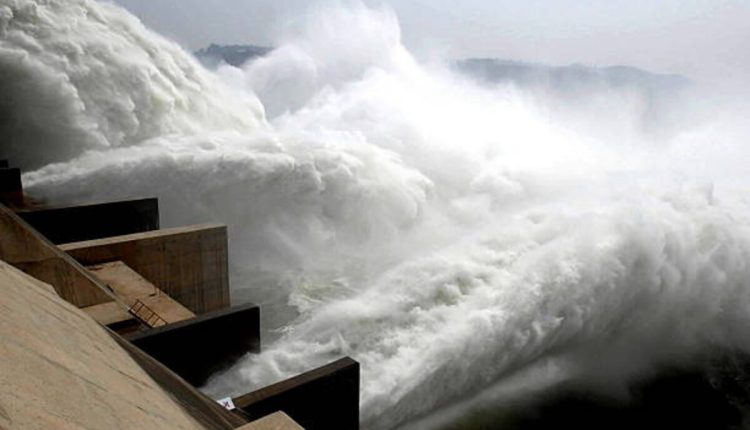As soon as this gauge passes 5′, the tide will have less influence, and water quality will worsen significantly.
Plant Barry operates with long-expired pollution permits that would allow its coal ash pond to collapse catastrophically, potentially polluting Mobile River, Tensaw Delta, and Mobile Bay. If this were to occur, it could wreak havoc in these ecosystems and render its operations illegal.
Tidal Effects
The Mobile River provides fresh water to the Mobile Bay delta. The Barry Steam Plant in Bucks, Alabama, can serve as an indicator of its health; when its water levels hit 8 feet or above, it indicates oyster beds have closed in Mobile Bay while also serving as a warning that a coal ash pond at a power plant near flooding stage.
Not only is the Mobile River responsible for shaping lake levels at dams and tributaries, but their levels can also be altered by upstate rainfall as well as local runoff. When upstate rain strikes these locations, their levels increase the chances of reaching or exceeding the flood stage in response.
As water levels increase, they become dirtier and murkier. A good indicator of this change can be found at Barry Steam Plant gauge – Mobile Baykeeper monitors this location as well as critical areas within Mobile-Tensaw Delta.
Mobile Baykeeper’s primary concern is preventing an earthen ash pit breach at Plant Barry. When the Mobile River crested recently, flood waters overflowed from its banks into the coal ash pond at Plant Barry – necessitating quick action to secure its cap as soon as possible to limit this risk.
Tidal Influence
As soon as the Tombigbee passes over Barry Steam Plant (actually a river level gauge and not a dam), its tide begins to lose its influence. This is because now that freshwater rather than salt water is moving down the river, its effect becomes less significant, and dirtier water flows downstream, lessening tidal movements and increasing chances of flooding along Alabama and Tombigbee rivers.
Miller noted that as long as the river stage at Barry Steam Plant falls below 8 feet, he enjoys fishing there. At this height, he can typically depend on an outgoing tide being assisted by north winds to bring some water back into ditches and reduce stress on his equipment.
Once readings surpass 5′, they become more dependent on a steady flow of freshwater than tidal fluctuations, leading to significant impacts in both Bay and Delta environments. When this occurs, flood-stage situations typically become less severe.
Fresh Water Effects
Coosa and Tensaw Rivers reach central flood stage at Barry Steam Plant and flood lower delta marshes that protect Mobile Bay with fresh, muddy water that has more impact than tides on Mobile Bay.
Barry floodwater is harming groundwater at its ash pit. A recent analysis by the environmental group Mobile Baykeeper indicates that sediment from Barry Pond has leeched arsenic into groundwater sources at Barry Ash Pond and Gypsum Pond, where concentrations in monitoring wells at both locations exceed acceptable drinking water standards by three to four times.
The earthen dam that isolates an ash pit from Coosa River and Mobile Bay remains in good condition; however, its failure could trigger another catastrophic coal ash spill like that which occurred in Kingston, Tennessee, in 2008 that resulted in 11 fatalities and caused billions in cleanup costs.
Alabama Power should change its position on the Barry Ash Pond and excavate it rather than try to close this toxic pollution source. We also urge them to comply promptly with up-to-date coal ash permitting regulations as previously they had operated these remaining coal-fired plants at Barry and nearby Gadsden Steam Plant on expired air and water pollution permits.
Dirty Water Effects
Once Kistler and his team hear that a hurricane is approaching, they immediately monitor the Barry steam plant ash pond. Their concerns include the possible collapse of the dam or river surge overtopping it and sending coal ash flooding into Mobile Delta – this would be southern Alabama’s worst environmental disaster, polluting groundwater with toxic substances like arsenic while also polluting surface waters with sulfur dioxide and hydrochloric acid contamination.
Alabama Power has no plans to excavate the Barry Ash Pond despite these concerns; their current “close-in-place” plan they claim will protect it during future storms; however, historical storm paths show 15 hurricanes or tropical storms have passed within 50 miles of the plant site without creating flooding near Barry Ash Pond. SELC and Mobile Baykeeper have both requested Alabama Power change their strategy and embark on an excavation project.


